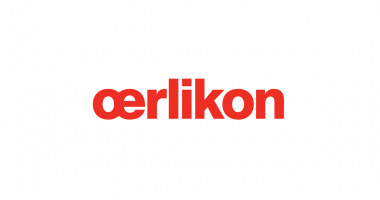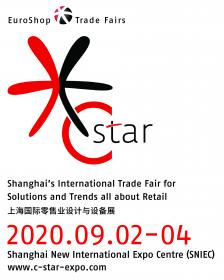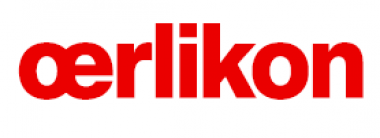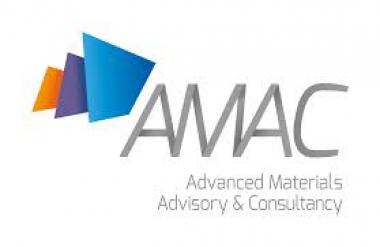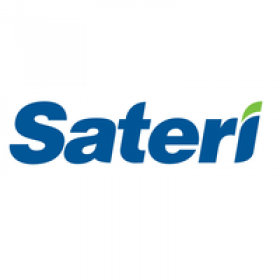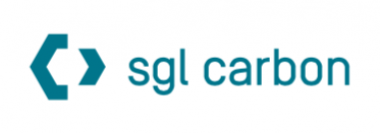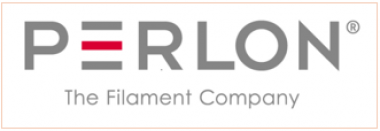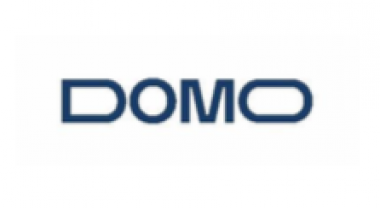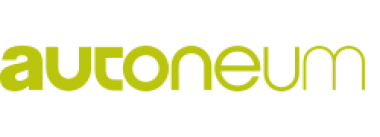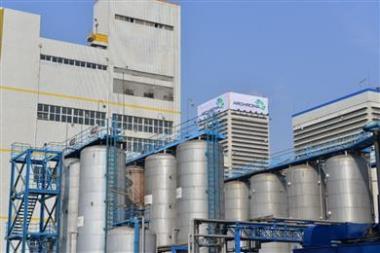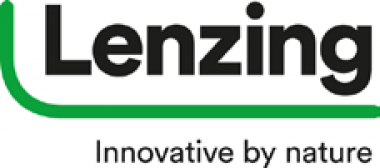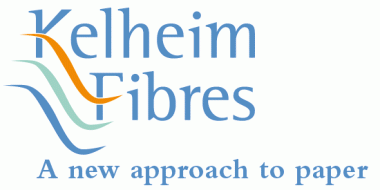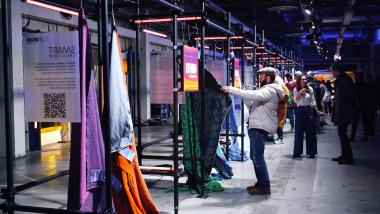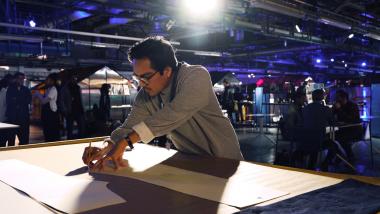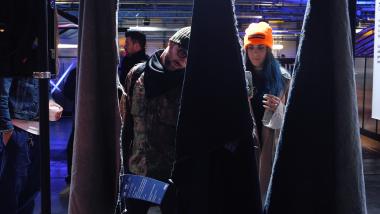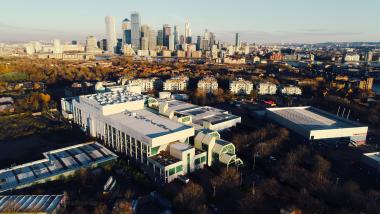Oerlikon: Ergebnisse im 1. Quartal 2020
- Oerlikon führt umfassende Massnahmen ein, um die Auswirkungen der COVID-19-Pandemie zu bewältigen
Die COVID-19-Pandemie hat massive Auswirkungen auf die Weltwirtschaft, Unternehmen und das Alltagsleben; Oerlikon hat Massnahmen ergriffen, um die Mitarbeitenden zu schützen und die Geschäftskontinuität zu wahren.
Oerlikon verfügt über eine solide Kapitalstruktur, starke Liquidität und nettoschuldenfreie Bilanz. Ein Massnahmenplan zur Sicherung der Liquidität und zur Senkung der Kosten in allen Geschäftsbereichen ist in Umsetzung.
Negative Auswirkungen der COVID-19-Pandemie auf den Bestellungseingang, den Umsatz und das EBITDA des Konzerns wegen längerer Stillstände in China und erster Lockdown-Massnahmen in Europa.
COVID-19-Massnahmen in China und das verlängerte chinesische Neujahr beeinträchtigen im 1. Quartal den Bestellungseingang des Segments Manmade Fibers. Die für 2020 vorgesehenen Lieferungen des Segments sollen planmässig erfüllt werden; das Segment erhält Aufträge mit Auslieferung 2022/2023 im Wert von über CHF 600 Mio. Weltweite Nachfrage nach der Meltblown-Technologie zur Herstellung von chirurgischen Gesichtsmasken steigt.
Konjunkturverlangsamung in allen Endmärkten beeinträchtigt die Performance des Segments Surface Solutions im 1. Quartal. Zur Steigerung von Effizienz und Agilität wird das bereits angekündigte Produktivitätsprogramm mit aggressiven Kostensenkungszielen weitergeführt.
Oerlikon zieht die Jahresprognose 2020 aufgrund erheblicher Marktunsicherheit zurück; Mittelfristiges Ziel einer EBITDA-Marge von 16% bis 18% weiterhin angestrebt.
Oerlikon


